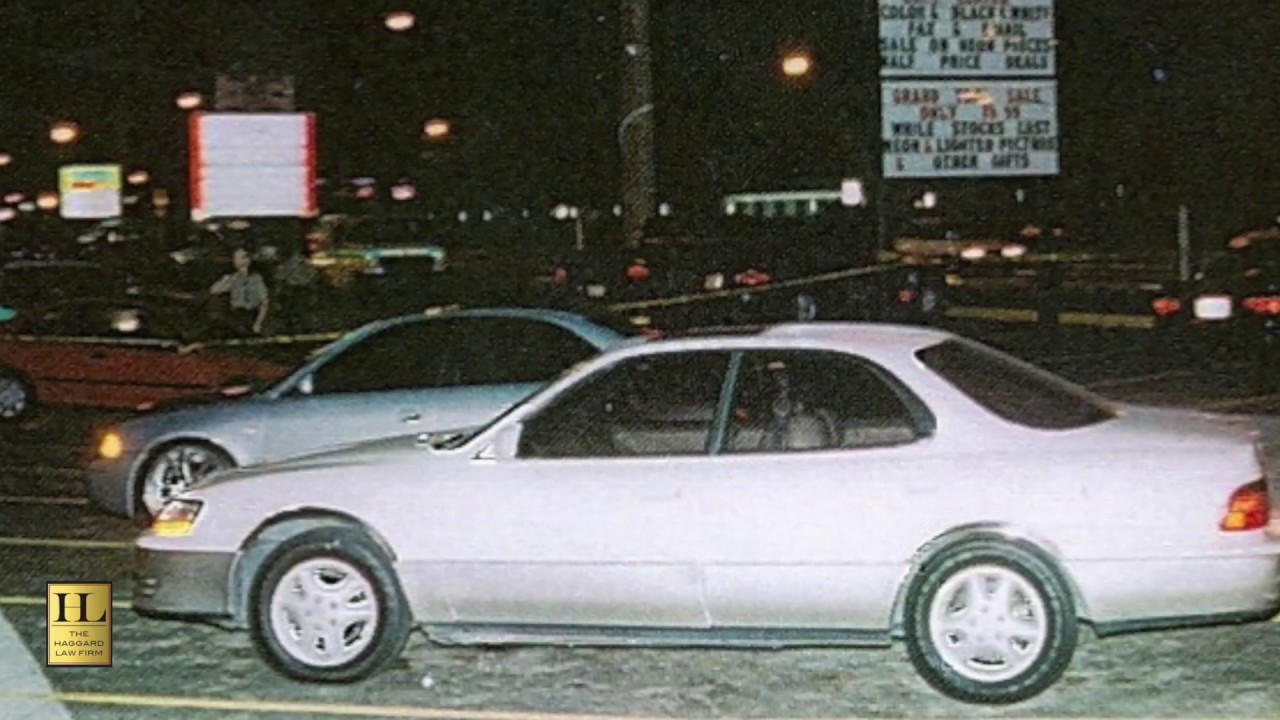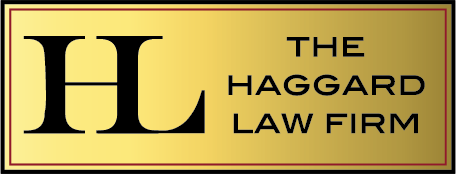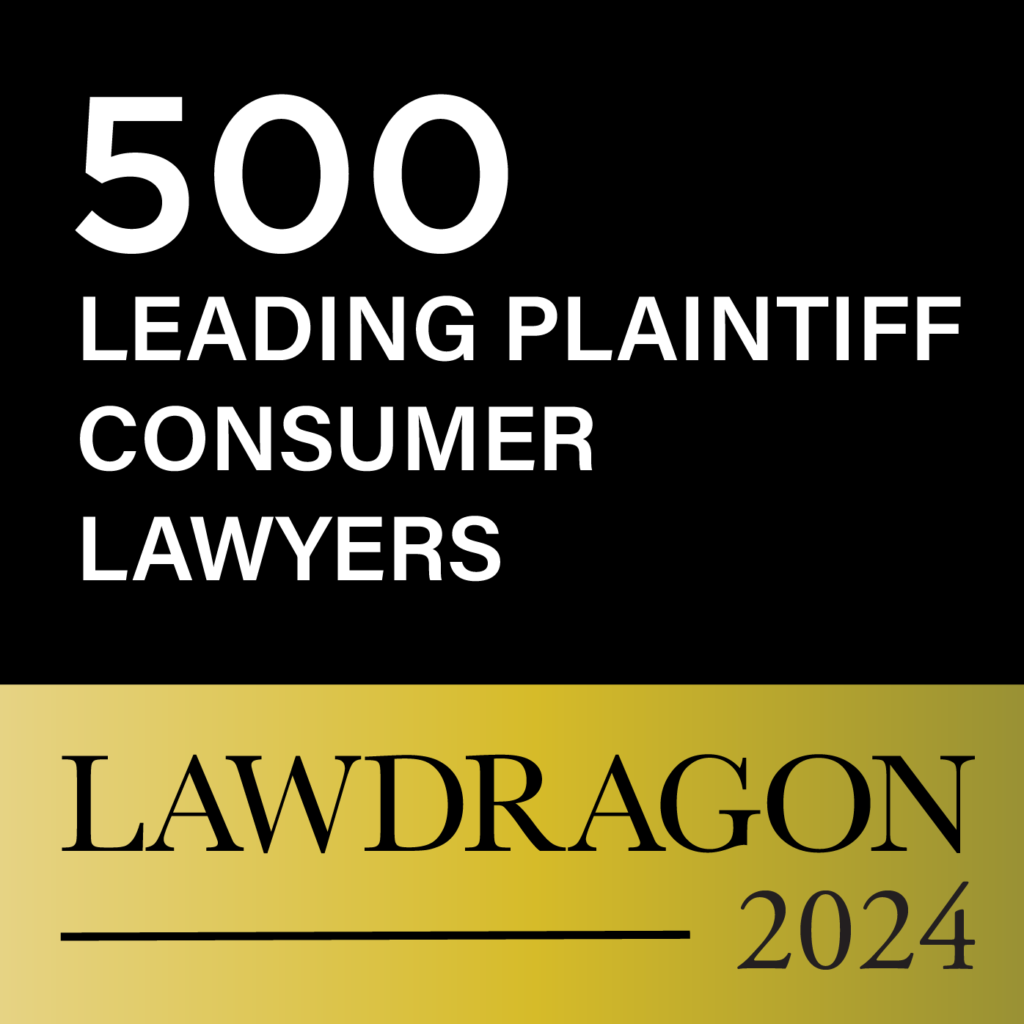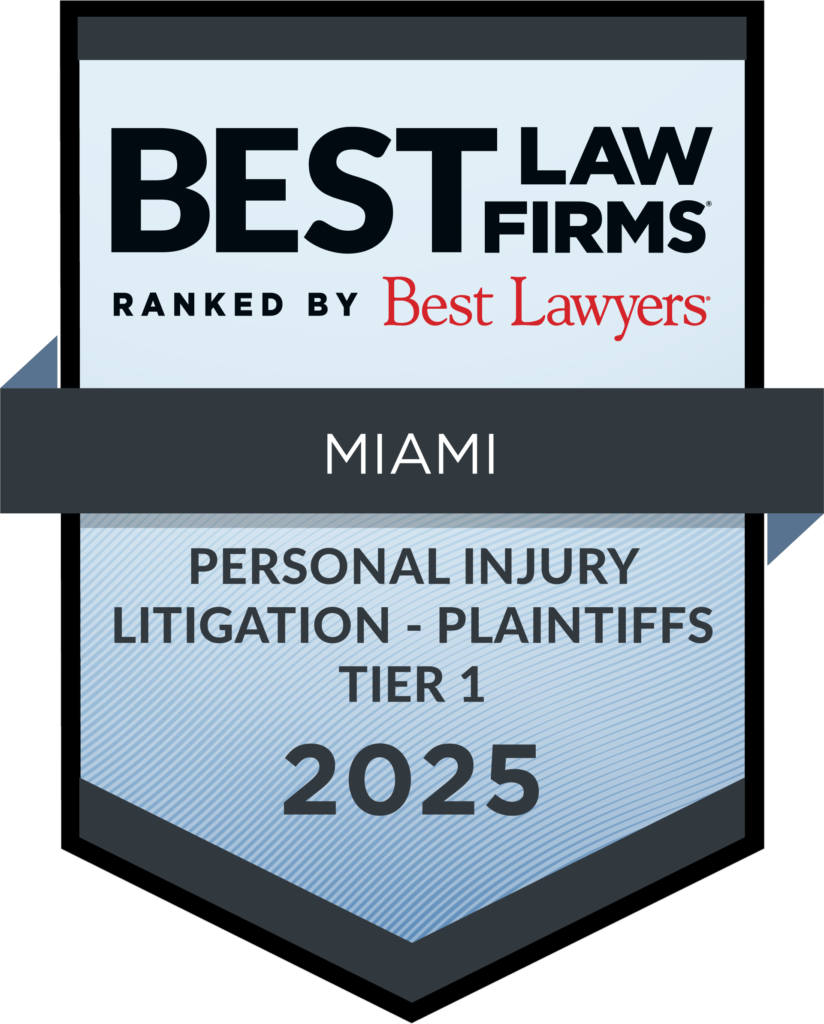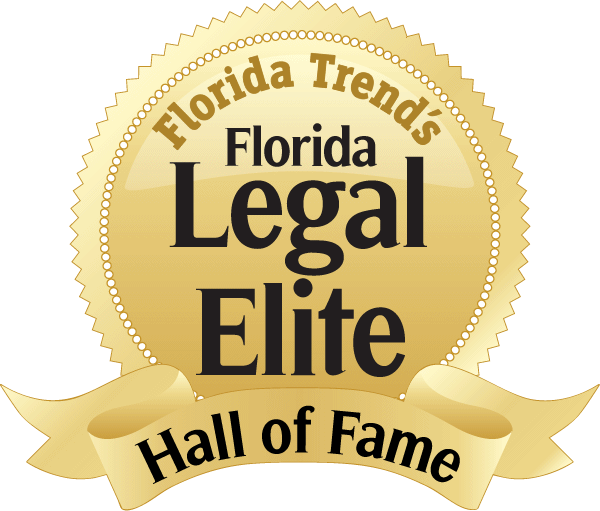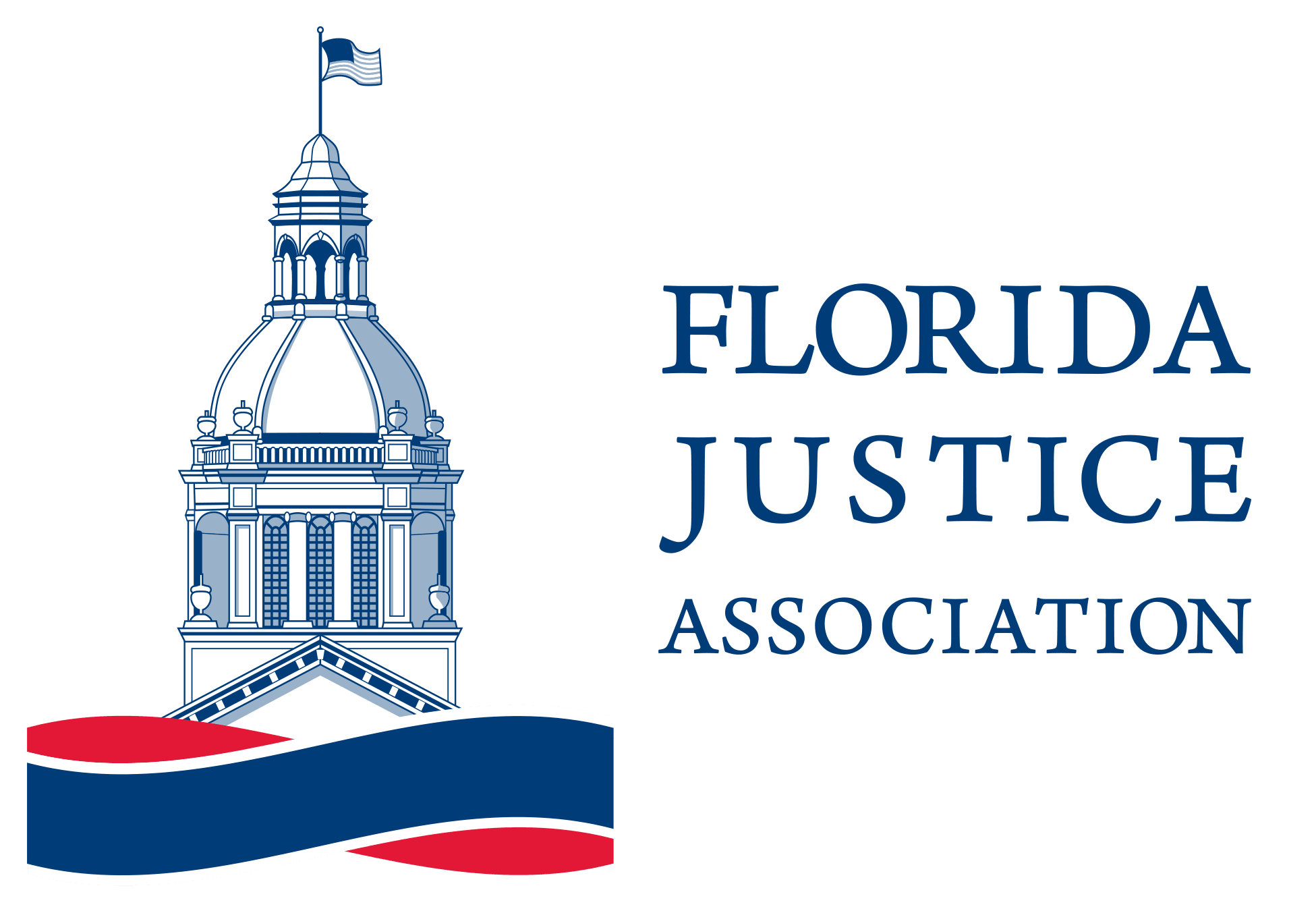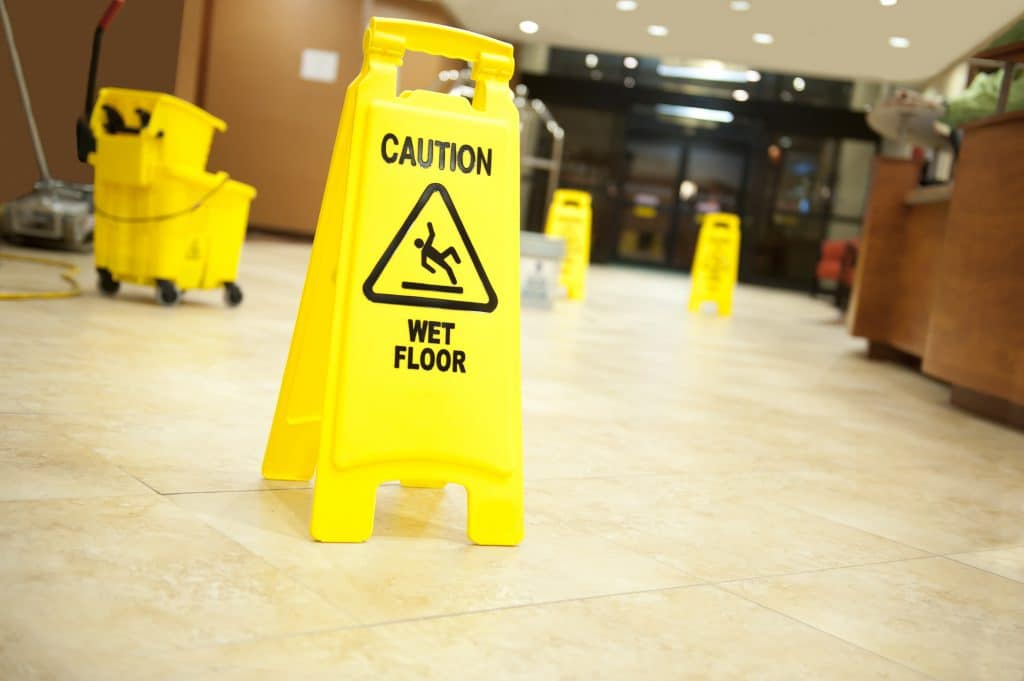
Premises Liability
Serious injuries and even death often result from negligently designed or maintained premises and unsafe environments. When an owner of a property or business invites a member of the public onto his/her premises, as a guest or patron, the owner has a responsibility to keep the premise safe for use.
Premises liability refers to a situation where an individual is injured on the property or “premises” owned or maintained by someone else. The property owner or party responsible for maintaining the property may be held legally responsible, or “liable”, for that person’s injuries if the injuries were the result of a dangerous condition that existed on the property.
Property owners and businesses have a duty to provide a safe environment for people on their property. If they fail to do so, and someone is injured, they may be held liable for the injured person’s medical expenses, pain and suffering and lost wages.
The Haggard Law Firm has successfully represented families in a wide variety of premises liability cases against private businesses, homes and public institutions, including beatings and muggings in parking lots; injuries on construction sites; accidents in common areas, and slip and fall accidents.
The Haggard Law Firm has successfully represented families in a wide variety of premises liability cases against private businesses and homes and public institutions.
Business, commercial building and private property owners have a duty to care for visitors by maintaining reasonably safe premises and warn visitors of possible hazards. For example, if a property owner notices structural damage, a defect, or another safety issue that may cause an injury, the property owner has to address the problem. At minimum, property owners must make a reasonable attempt to warn visitors by marking hazardous areas.
The Haggard Law Firm team will review the facts of your case as we build the timeline of events, details of how the injury or loss of a loved one has affected you and your family and how the owners or property managers could have prevented the incident.
Premises Liability Verdicts & Settlements
Lawsuit was brought on behalf of a minor child who was catastrophically injured as a result of a merchandising hook entering his eye and hitting his brain. As a result of the injury the minor child suffered paresis of the right side of his body. The legal guardian brought suit alleging the hook was placed in as dangerous condition that the defendants were aware of and their negligence was the direct and proximate cause of the minor’s injuries. The minor suffered from permanent cognitive deficiencies as well as permanent physical disabilities in the form of significantly reduced fine motor skills and drop foot. The case settled right before trial for a total of $4 Million.
Plaintiff was house sitting for the defendant when the defendant’s two dogs knocked him into the pool causing him to strike his head and rendering him a quadriplegic.
John Doe (6-years-old) was riding his bicycle in the ABC Apartment Complex and was struck by an automobile exiting the complex. As a result of the accident, John Doe suffered orthopedic injuries. The case was brought against the driver for negligence and the apartment complex for negligent design of its parking lot and for failure to have any traffic control devices that would assign the right-of-way.
In August 2011, Walker, who suffered from Down’s Syndrome, slipped and fell on a wet floor at the Rosen Shingle Creek Hotel in Orlando. At the time of the incident, the floor was being cleaned by Rosen’s Cleaning service, Majic Cleaning Systems. As a result of the fall,Mr. Walker needed surgery to repair his leg and suffered respiratory arrest during recovery from the surgery.Nearly two years after the fall, Walker, who suffered from numerous pre-existing health issues, passed away. Both liability and causation were highly contested. The defense argued that Majic had put down five cones in the lobby, adequately warning visitors that the floor was wet, and that Mr. Walker’s death was a result of his other health issues, and was unrelated to the fall.
While playing golf at the country club, the decedent was struck by a runaway golf cart and suffered severe injuries which lead to his death. Country club employees had parked the cart with the ignition running as they were unloading some bags. As they were unloading the bags, one set of clubs slipped, dropping onto the accelerator of the cart and causing it to take off across the grounds unmanned, running over the unsuspecting victim.
What is a premises liability case?
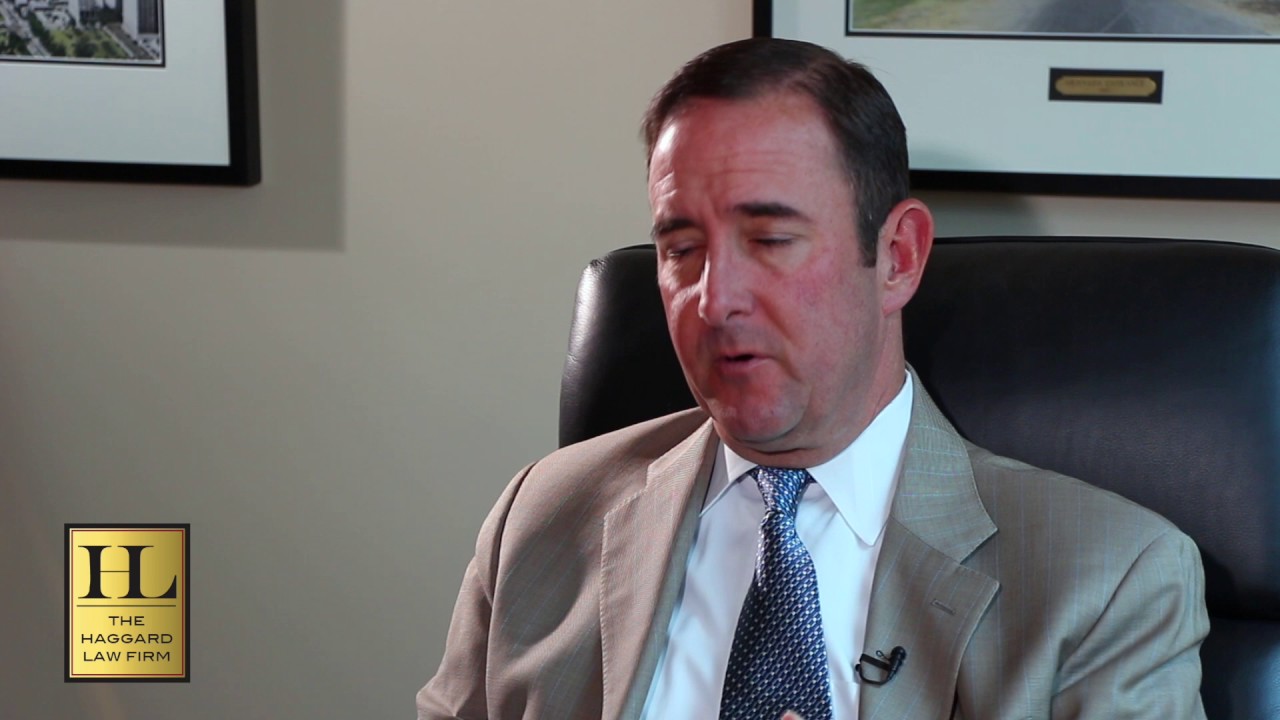
Attorney Pedro Echarte Explains What Some Property & Business Owners Don't Do To Keep You Safe
